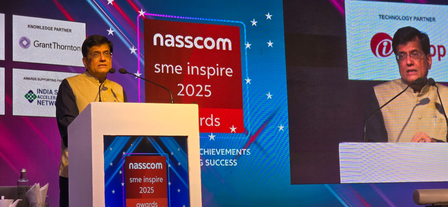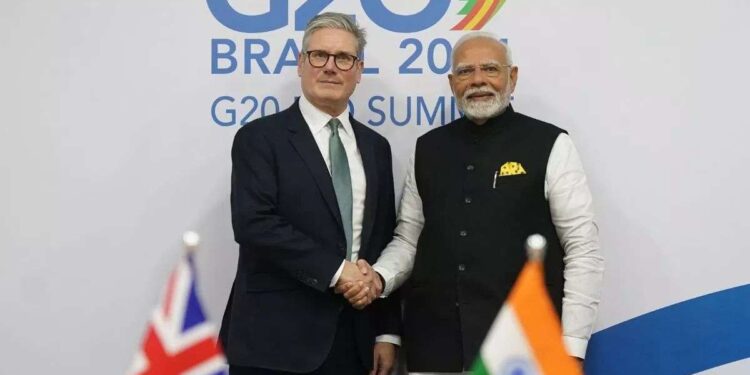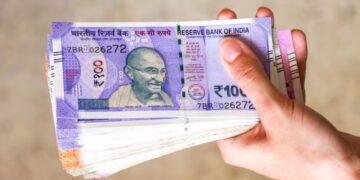New Delhi, 21 March (IANS). Union Commerce and Industry Minister Piyush Goyal said that the IT sector under the leadership of MSME can reach the 450 billion dollars of service export target in the next financial year.
Union Minister Goyal outlined the important role of IT and IT-INIBA Services (ITES) sector in India’s economic growth.
The Union Minister said that the service sector exports last year reached around $ 340 billion, with IT and ITES contributed around $ 200 billion.
This year, Service Export (Service Export) is expected to reach between $ 380 billion to $ 385 billion, which will further strengthen India’s global presence.
In ‘Global Confluence 2025’ organized by NASCOM, the Union Minister said innovation and adaptability have an important role in increasing India’s competence.
The Union Minister confirmed confidence in India’s IT sector and MSME as the major factors of the country’s economic change during the Amrit period, which is working collectively in the direction of a developed and rich India.
He praised Nascom for promoting continuous learning culture, stating that IT sector has been constantly ahead by adopting new technologies like quantum computing, artificial intelligence and machine learning.
The Union Minister also stressed the need to attract global capacity centers (GCC) in India, taking advantage of a huge talent pool in the country.
Encouraging businesses to operate from India instead of relocating talent abroad, he said that this will increase foreign exchange income and boost domestic economic development.
Discussing India’s growing middle class and rising consumption levels, Union Minister Goyal underlined the benefits of IT-based development, including increasing demand for commercial real estate, housing and infrastructure.
Union Minister Goyal told the attendees, “NASSCOM is playing a very important role in this changing era. He should continue training to ask for the skills of IT professionals.”
The Union Minister reiterated the government’s commitment to expand global participation through free trade agreements (FTAs) and bilateral relations.
-IANS
SKT/KR






